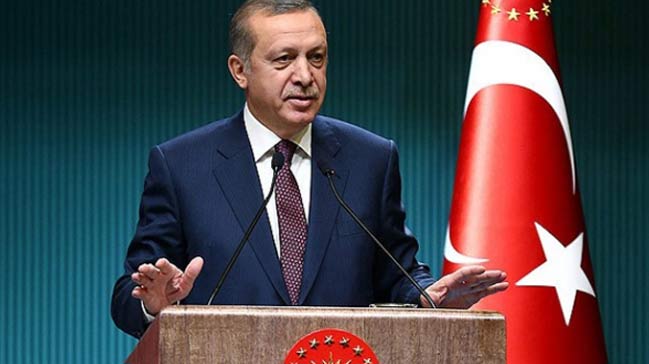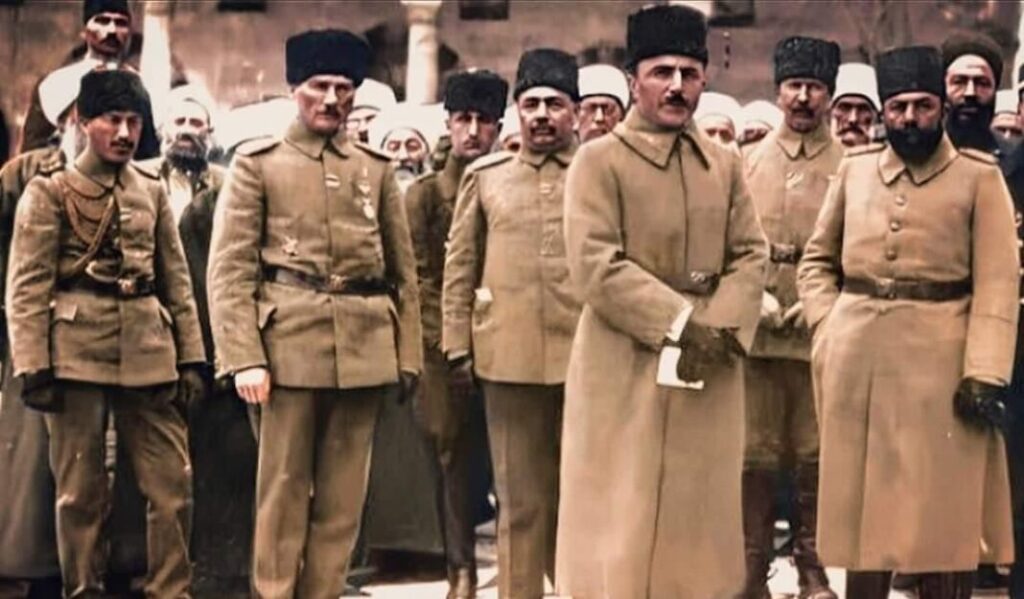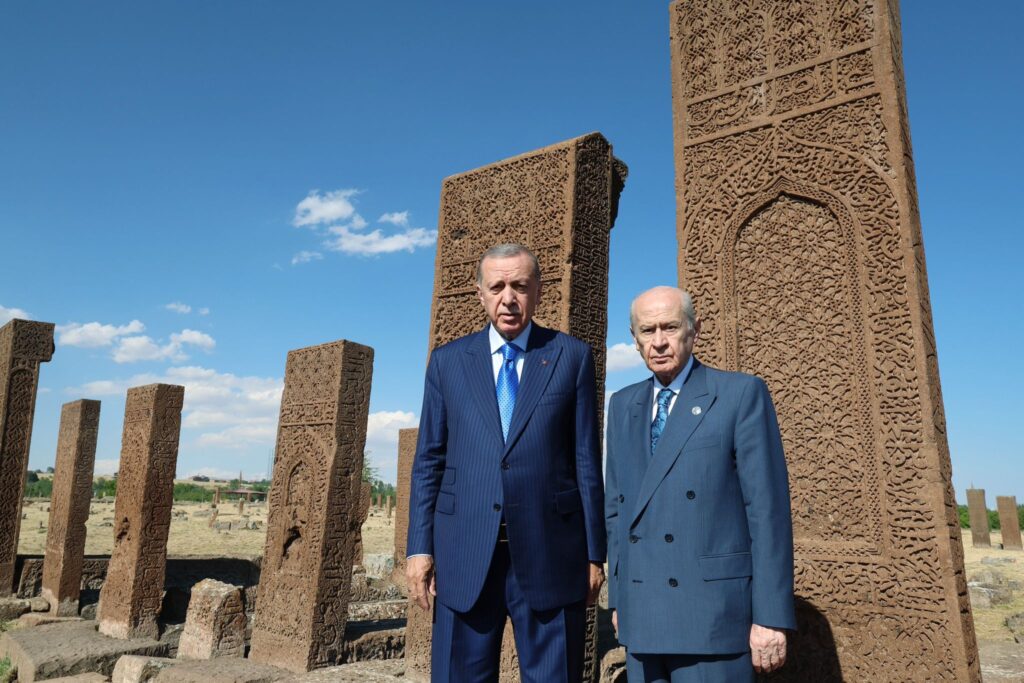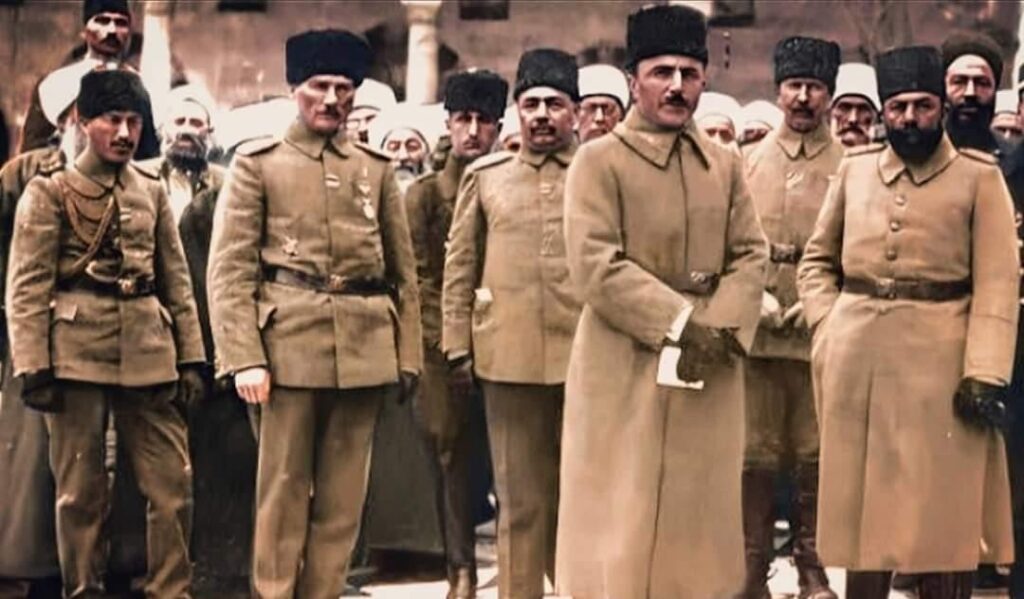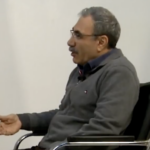Etyen Mahçupyan
The Turkish original of this article was published as Neden başkanlık sistemi? on 5th January 2016.
There is a story about justice, attributed to various historical personalities. When asked how a loaf of bread could be fairly shared between two people, a wise man is said to have suggested that one of the two should divide the loaf into two and the other should have first pick. We can apply the notion of justice proposed by this parable also to the exercise of authority in a society. If it is clear who is going to exercise authority, then the limits of that authority should be drawn by someone else. Going back to our parable, the person who divides the bread cannot be the person who chooses first. Because if he does not act in good faith, he can take virtually the whole loaf. The same must be true for the way the power of government is distributed. If the same agency both makes the rules and retains the power of implementation, this may lead to quasi-dictatorial modes of government.
Indeed, in modern societies the logic of political systems is predicated on the principle of separation of powers. Ideally, the power that determines the limits of authority and the power to exercise that authority should be as unconnected as possible. In other words, the legislative and executive powers should be separate. Parliamentary systems generally fail to achieve this. The political party with a majority in parliament also makes up the government, and through the will of only its own deputies, opens up immense and not easily controllable areas for that executive power. In contrast, the principal logic of the system of government system known as a presidential system is a definitive separation of legislative and executive powers. Therefore, with respect to this criterion, the presidential system will result in a much more democratic régime than a parliamentary system.
On the other hand, democracy cannot be reduced to the separation of powers. Another basic criterion is the extent to which social demands and preferences can be reflected in public space, the extent to which decision-making can take them into account.
Stability created by representativeness cannot be sacrificed to the stability of the executive power. If social representation were to be sacrificed purely for the sake of maintaining a stable government, this would render the government vulnerable to even more instability resulting from social unrest. That is why in an ideal democracy the representativeness in question should also be maximized. Within this framework, it can be said that election systems which generally accompany a parliamentary system lead to a more representative legislation than election systems which generally accompany a presidential system. The presidential system’s logic encourages a two-party structure, while parliamentary systems can make it easier for the representation of almost all political views in parliament. In other words, from the point of view of an ideal democracy ideal, this second principle would lead us to prefer a parliamentary system.
However, if we put aside such ideal types, it is possible to prescribe a correct parliamentary and similarly a correct presidential system for each and every country and situation. This is a choice that has to be based on identifying the real obstacle before democracy in each specific case. For a long time now, Turkey’s real problem has not been social representation. The main problem is one of bureaucratic tutelage acquiring permanence, and structural defects surrounding the supervision of executive power. Hence, a presidential system is definitely the “correct” solution for Turkey, provided it is set up in a way that allows for fair representation and also does not tend to sidestep supervision. What needs to be done is to take society seriously and hence to handle this proposal, too, with the seriousness it deserves.
Yazıyı beğendiysen, patronumuz olur musun?
Evet, çok ciddi bir teklif bu. Patronumuz yok. Sahibimiz kar amacı gütmeyen bir dernek. Bizi okuyorsan, memnunsan ve devam etmesini istiyorsan, artık boş olan patron koltuğuna geçmen lazım.
Serbestiyet; Türkiye'nin gri alanı. Siyah ve beyazlar içinde bu gri alanı korumalıyız. Herkese bir gün gri alanlar lazım olur.




